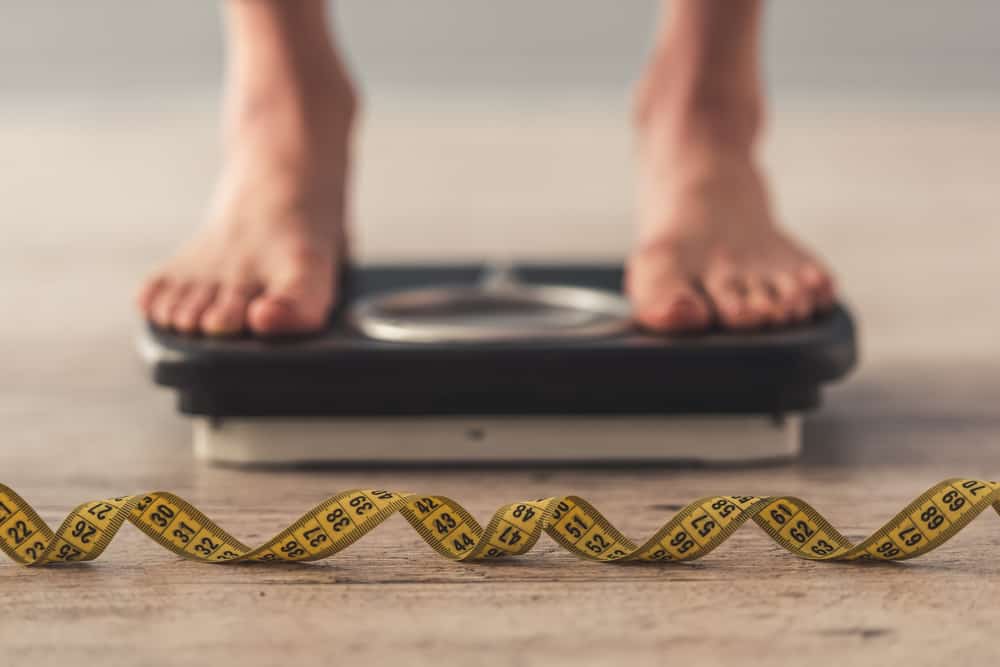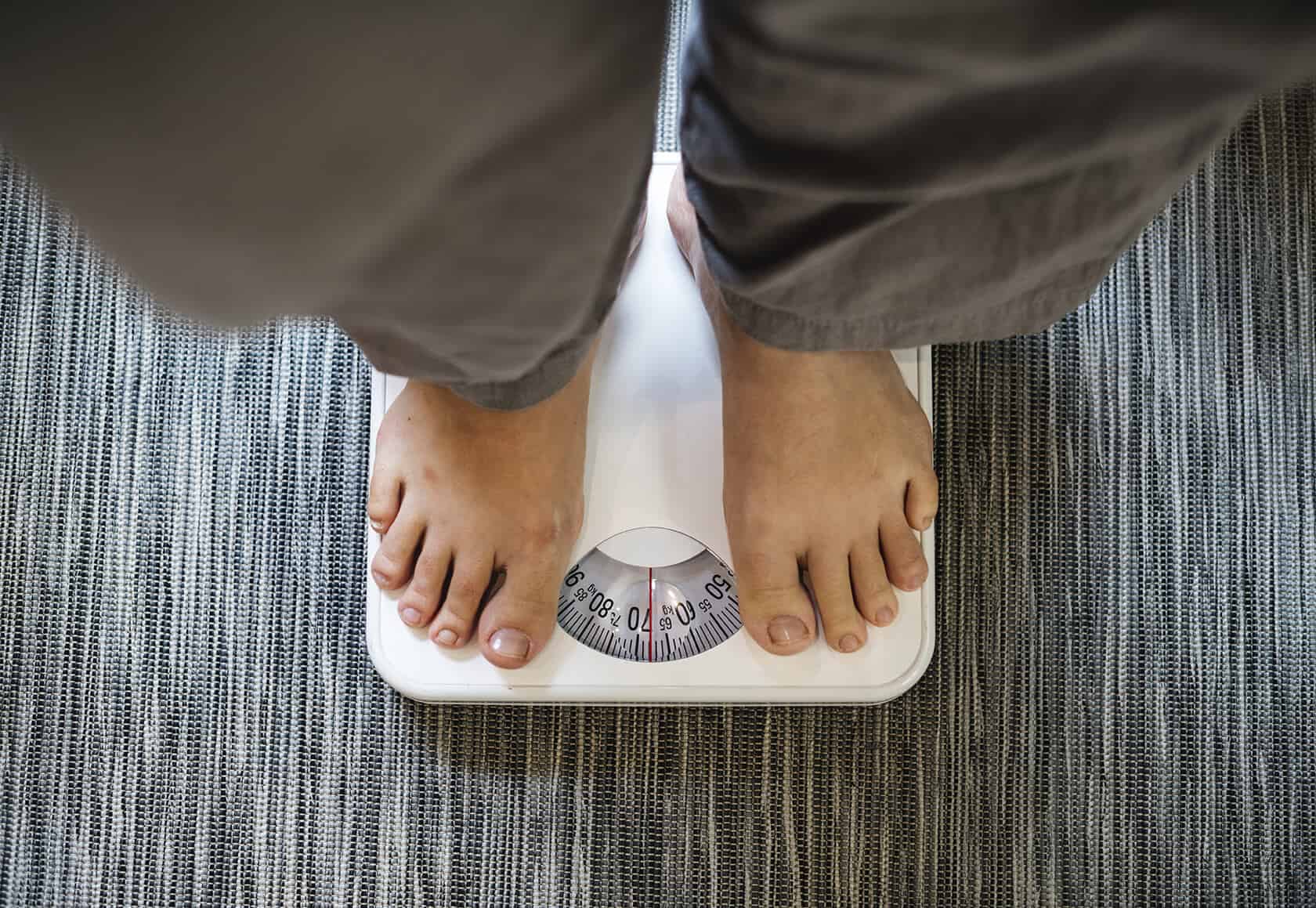It’s a fact of life: the older we get, the harder it becomes to lose weight. There’s a reason why they refer to weight gain later in life as “middle-age weight gain.” Our bodies change as we age, and our metabolism may become slower. Additionally, we tend to move less and eat more, which will most certainly lead to weight gain.
Not only is carrying extra weight uncomfortable, but it can also negatively affect your health. Gaining weight may lead to developing diseases like diabetes, hypertension, and heart disease. Being overweight can even shorten your life. If you’re struggling with weight gain as you age, you’re not alone! Luckily there are numerous ways to take charge of your health and get in shape. You can find ways to get the whole family excited about being active and healthy. Making small lifestyle changes can go a long way to helping you lose weight and improve your health.

What Is Body Weight?
Body weight is the term used to refer to a person’s mass. In the United States, we measure our weight in pounds, but around the world, weight is measured in kilograms. Our body weight is the measurement of our bodies without any clothing or accessories. Most of the time, people will be wearing some apparel when they step on the scale.

A significant factor when determining a person’s health is their weight. Medical professionals evaluate whether a person is overweight or underweight, as well as the distribution of fat on their body. The average weight in the United States is 195 pounds for men and 168 pounds for women.
